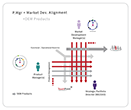Glossary
Logout
©Copyright Arcturus 2022, All Rights Reserved.
7
Terms & Conditions
|
|
|
|
Security & Privacy
Contact
ORIENTATION
Introduction
A Product Management process once deployed, ensures repeatable outcomes and commercial success. Rationale derived from the observations of successful Products and Services managed within in a robust framework. ...Every aspect of the Product Management activity can be optimised with measured precision. In practice, this is achieved by a cascade of Objectives and Strategies owned and delivered by high performance multidisciplinary teams, strategically led by 'Product Management'. Furthermore a cultural ethos of 'continuous improvement' is no longer an option in business, ...it should be an integral part of robust procedures.
For maximum effectiveness a chosen solution (framework) must be 'right' for the business of which it is intended. It must primarily meet the alignment criteria set by the organisation itself. However, as a procedural activity within the business it should not detract from the primary purpose of the organisation in anyway. All things considered, this may be the perfect opportunity to trigger a business transformation programme and fundamentally 'start with the end in sight'.
As an important reminder, the purpose and objective of 'Product Management' is quite simple: to deliver 'Strategic Intent' efficiently and effectively at the right time. The enormity of this task however is often underestimated as it can be quite profound and complex to achieve in practice. To satisfy the this requirement requires a competitive organisation aligned to core PMM principles.
From a general point of view, the Product / Service portfolio resides within a strategically planned portfolio matrix environment. The 'portfolio' matrix (no matter the size) metaphorically floats within the organisation and is owned by 'Product Management' activity. Product Management's role is therefore to strategically manage the portfolio matrix in the most efficient and effective way possible (by delivering products and services to the matrix that align to market requirements).
Operational / Functional areas are responsible to tactically deliver their part of the product / service by operating as part of a strategically aligned multidisciplinary team. The operational - functional areas of the business, in this scenario, become suppliers to 'Product Management' - in other words Product Management which is managed by a triad of management disciplines ie; 'Product Managers', 'Market Development Managers' and the 'Strategic Director'.
Step 1
Understand and acknowledge your business organisational alignment and creative culture...
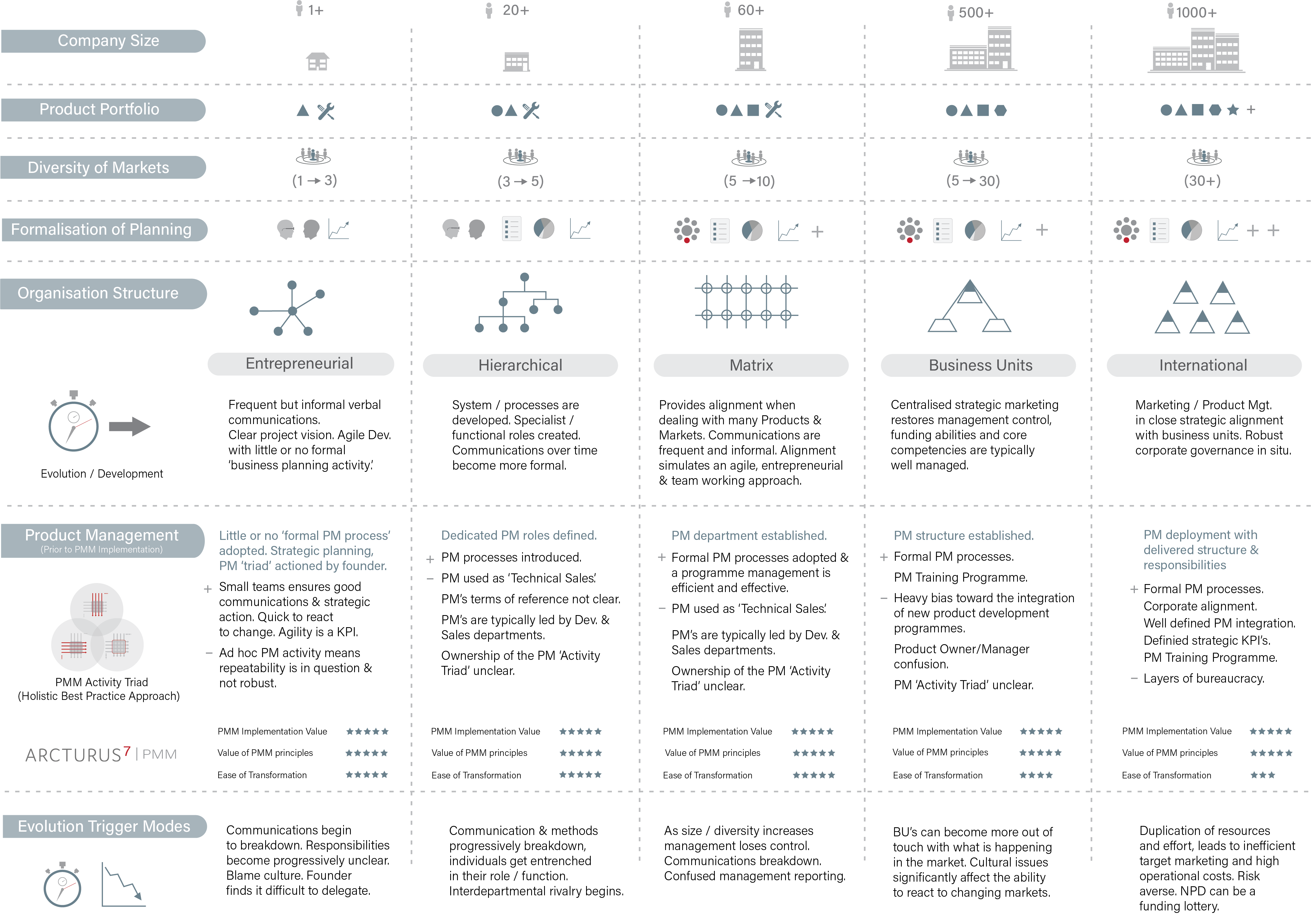
Creative Culture Assessment
McKinsey 7s Assessment
Cultural Variations
Start by answering some 'fundamental' questions about your business, this will help with your thinking and calibrate your strategic compass / fundamental understanding...
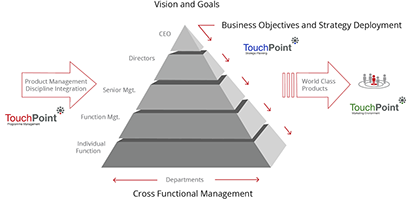
1. Is your Company / Business unit...
- Marketing orientated ?
- Sales orientated ?
- Technology / Development led ?
- Financially orientated ?
- Logistics orientated ?
- Manufacturing orientated ?
- Operations orientated ?
- Other...?
- Does the current operational environment work efficiently and effectively...?
- What are the Company Values and what are it's Quality expectations - who set and agreed these levels ?
- Do we sell what we make? or do we make what we sell...?
- Understand which part the organisation adds value - what are the abilities / core competencies of the organisation.
- Is there a clear process that cascades business Objectives and Strategies throughout the organisation ?
- Is the Sales department paid a commission incentive - are Sales completely in-line with the business strategy and the delivery of Strategic Intent ?
- Does the business have a proactive 'Innovation process' embedded into the current structure ?
Product Management Integration & Deployment
Product Management processes and activities must work in harmony with the organisation to deliver strategic intent efficiently and effectively - in other words they must be right for your business - processes and activities must add value.
Business planning and process constraints should therefore be understood/acknowledged throughout. Particular attention should be given to how your business objectives / strategies are cascaded into the organisation and the use of multidisciplinary teams to get things done, this is often a weak area in many companies and have detrimental effect on its outcomes. Changing the 'culture' of a steadfast business steeped in tradition should however, not be underestimated, it will take careful rational to change its course for the better.
The PMM core concepts are generic in it's form, they can be deployed in part or as a process ethos entity into virtually any business environment, but we must understand 'Where are we now' (the initial start-point) and 'What do we want to achieve' (what are your expectations).
Please Note: If you would like to dip in and out of the tools and processes on an ad-hoc basis, that’s absolutely fine, you can do just that, however, expectations regarding the outcomes must be aligned accordingly. Likewise the rigour and time spent on individual elements /subject areas are directly related to the level of business risk you are willing to accept going forward. That is to say, little or no planning = high risk, meticulous planning = risk averse. ...so you must decide the level of planning activity that is right for your business.
Step 2
Select the Product Management Framework that aligns with your organisational needs.
The purpose of this stage is to align our thinking with the style of 'Product Management' activity that currently reflects your Business and/or you would like to implement going forward... for some companies 'Product Management Transformation' could be a valid option.
Product Management as defined, is made up of 3 primary subject areas which in turn are individual disciplines in their own right, entitled: Programme Management, Market Development and Strategic Portfolio Management.
It is important to note, that the size / structure of a portfolio of Products (...mapped against their aligned Markets) do not change the core fundamentals and generic rationale. Likewise, the physical size of the business unit / Company does not change the overall concept. The ‘Start-up’ or ‘Entrepreneur’, for example has the same 'core disciplines' to manage, but perhaps not to the same depth as a large corporate entity. For the Entrepreneurial start-up, the 'programme management' activity may also not be as acute, or as crucial as if you were managing a large traditional portfolio, but the principles and rationale remain absolutely true. Significant benefits can therefore be realised across many areas if we follow method and manage our product portfolio in pragmatic and efficient way.
The following defined variations are 'primary' variants of Product Management activities (alignments) :
1. Product Manager (Programme Management) + Market Development Alignment
2. Market Development Alignment
3. Product Manager Alignment
4. Entrepreneurial (Start-up) Alignment
1
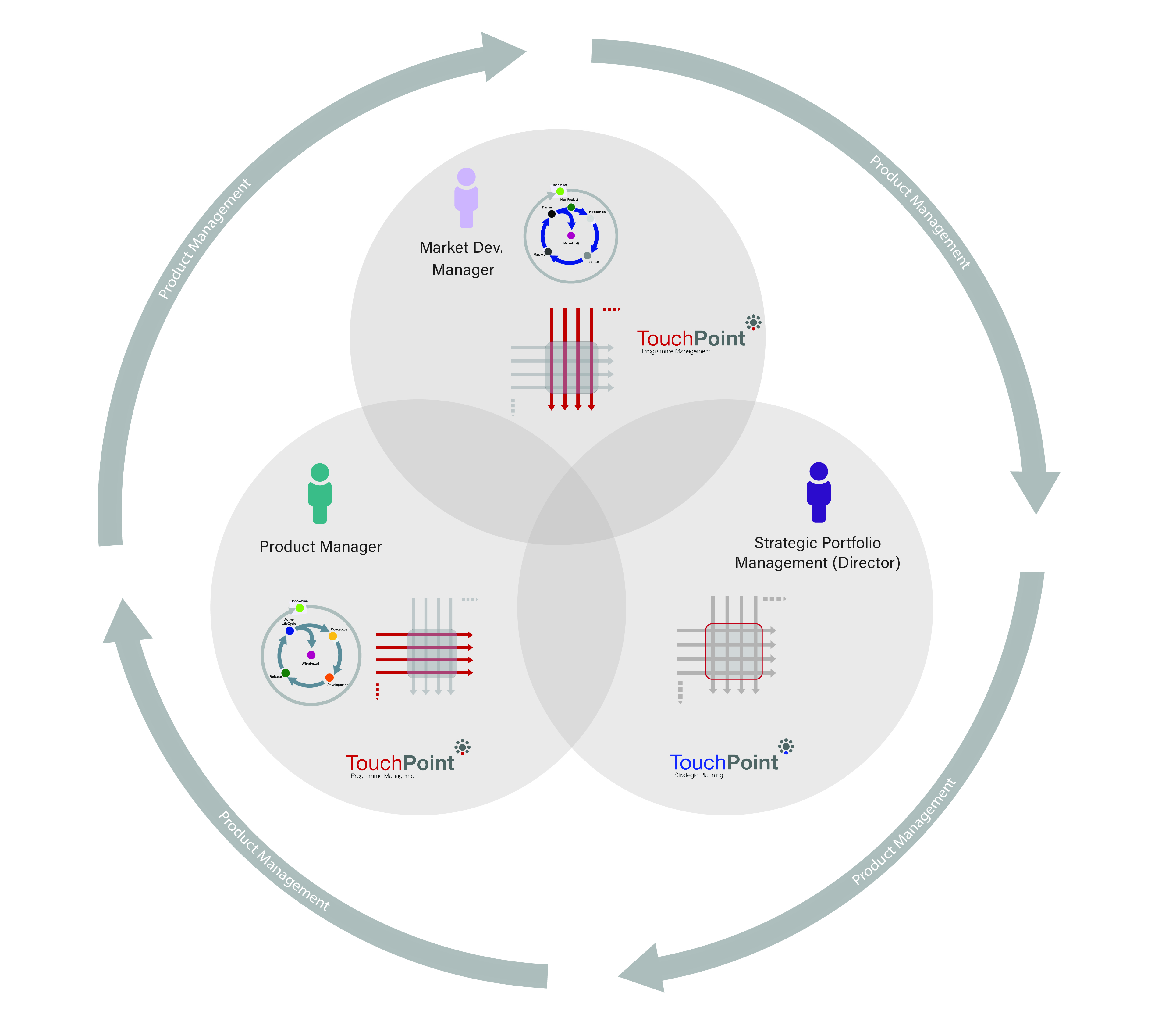
2
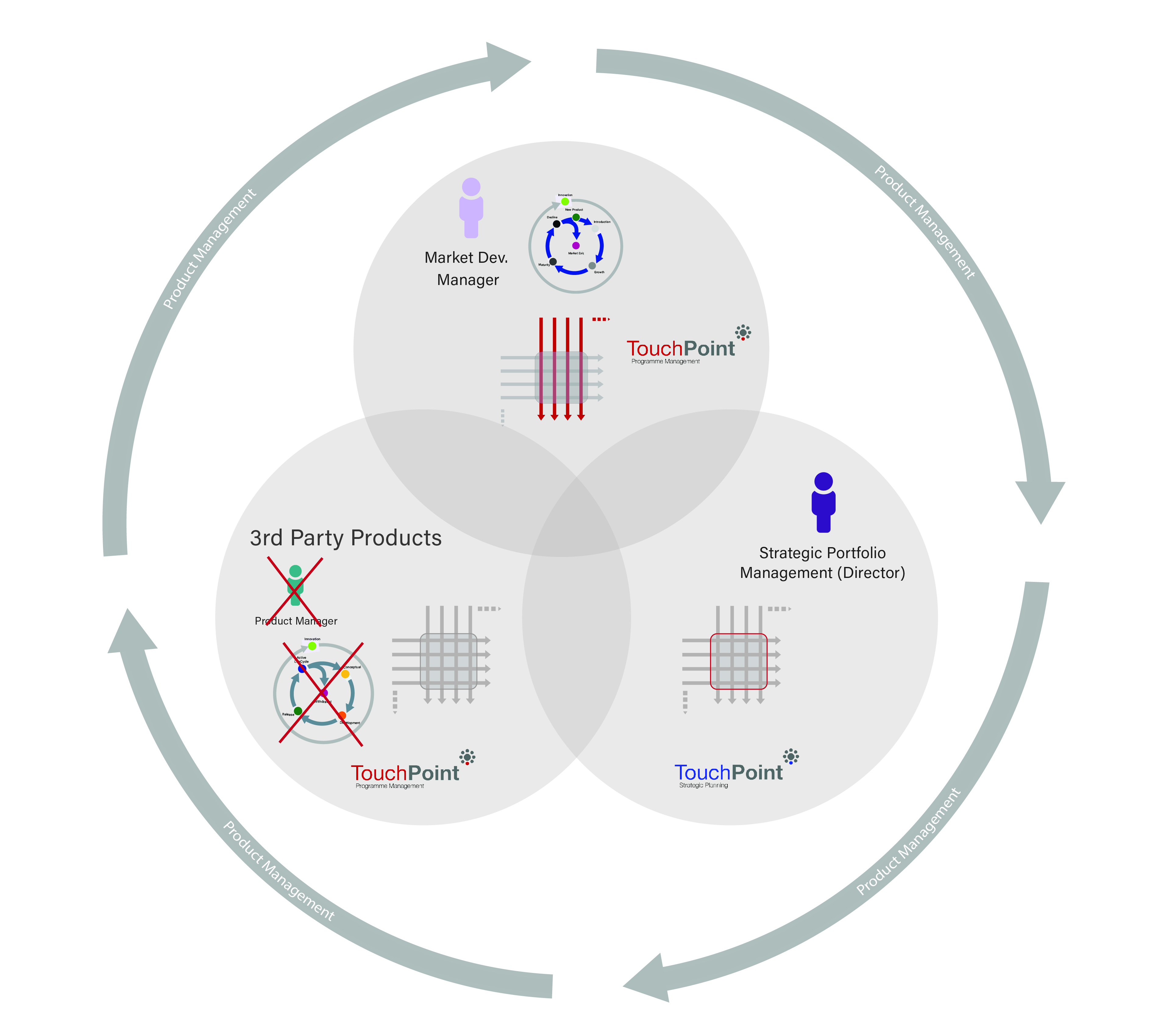
3
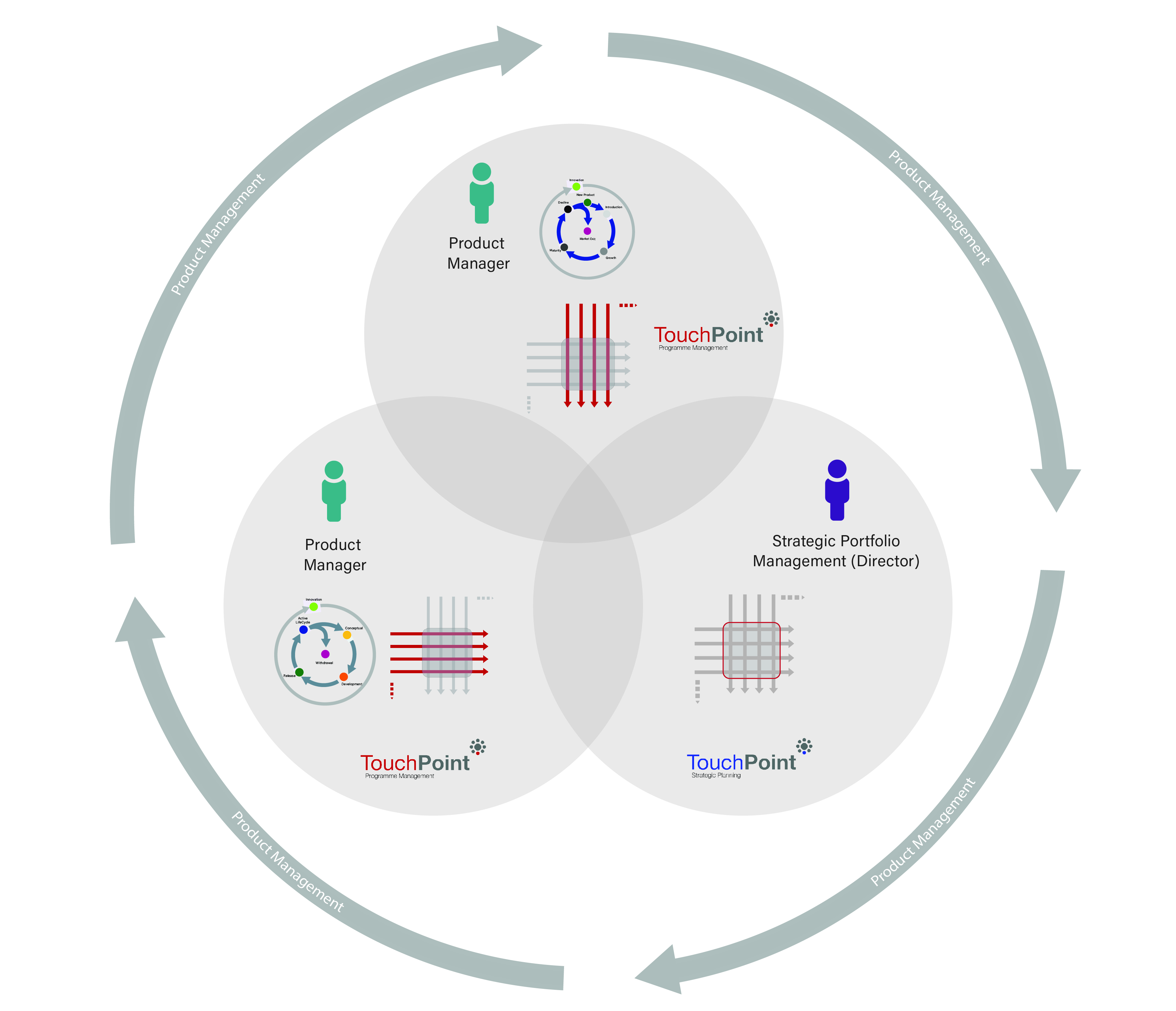
4
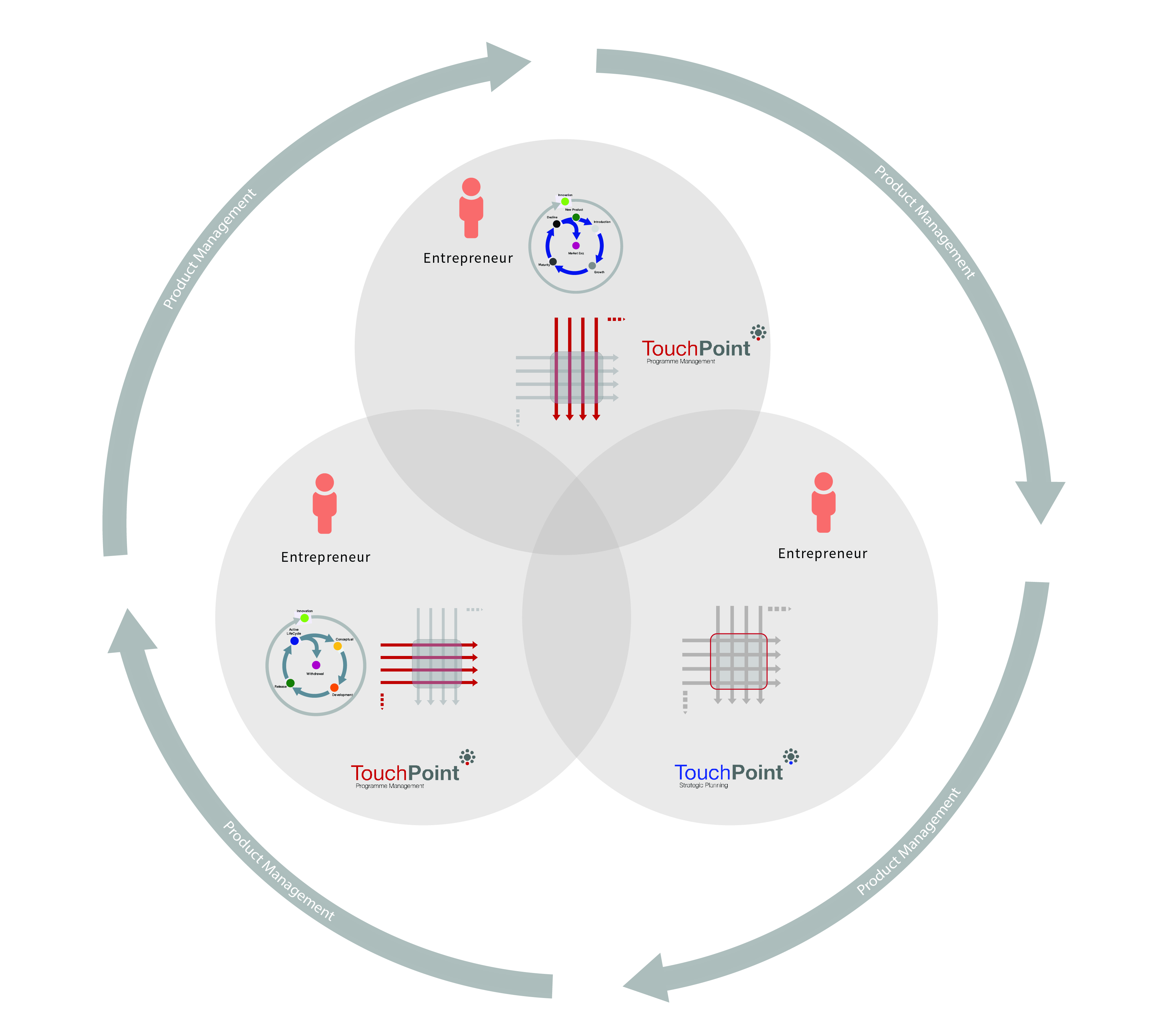

Product Management Frameworks and Discipline Alignment
PMM 'frameworks' have been meticulously designed with an open architectural footprint. This fundamentally enables you manage your Products / Services across individual 'life-cycles' and are structurally generic and robust for use in 'any' business. Obviously there is no such thing as a 'generic business', they come in all shapes and sizes with their own unique quirks and idiosyncrasies. As such, this must be to be taken into account when deploying any management process(es) - it has to be right for the organisation - a management process that is an incorrect fit (a square peg in a round hole) or goes against the culture will ultimately be badly received and soon fall into disrepute. Senior management must therefore genuinely believe in the system / process with a passion and results will undoubtedly flow thereafter.
Traditionally 'Product Management' and other related disciplines, do suffer from a level of confusion as to what the role entails. This is because, as a discipline it is multidimensional and complex with many touch-points and various levels of understanding. This is compounded by the fact the discipline means different things to different Companies. Needless to say, results from a well oiled PM framework are compelling and directly linked to business success. The following generic frameworks will help define a 'valid path' for your own company to follow, in part or full depending upon the need and application.
Select a PMM framework that aligns with your business / company and meets your planning requirements...

A.
B.
C.
D.
E.
F.
G.
Select a PMM framework that aligns with your business / company and meets your planning requirements...
A. Entrepreneurship Alignment
B. Entrepreneurship Alignment + OEM Product
C. Product Manager Alignment
D. Product Manager Alignment + OEM Product
E. Market Development (Marketing) Mgr. Alignment
G. P.Mgr + Market Dev. Alignment
H. P.Mgr + Market Dev. Alignment + OEM Products
Arcturus7 Design Architecture & Content : Steve Heron, IPM
|PMM Process Orientation - Professional Support
The IPM practitioner series, is a definitive and integrated training programme for management professionals operating in the Product Management arena. So whether you’re the Managing Director, Product Director, Product Manager or a member of the Multidisciplinary Team we are confident that you will find this particular training series to be one of the best available and an invaluable asset to both you and your company.








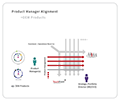
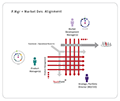


%20mgr%20alignment%203120x101.png?crc=4252296972)
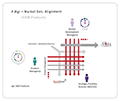
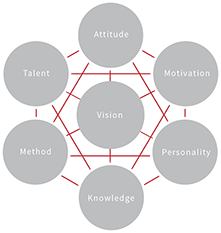
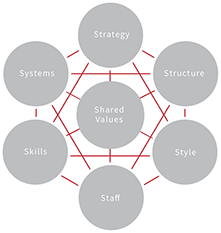
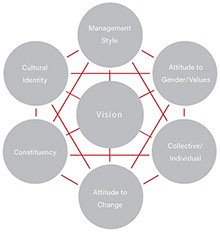
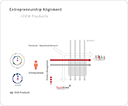
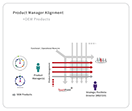
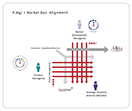
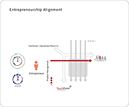
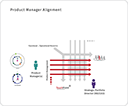
%20mgr%20alignment%203131x110.png?crc=3977284287)
